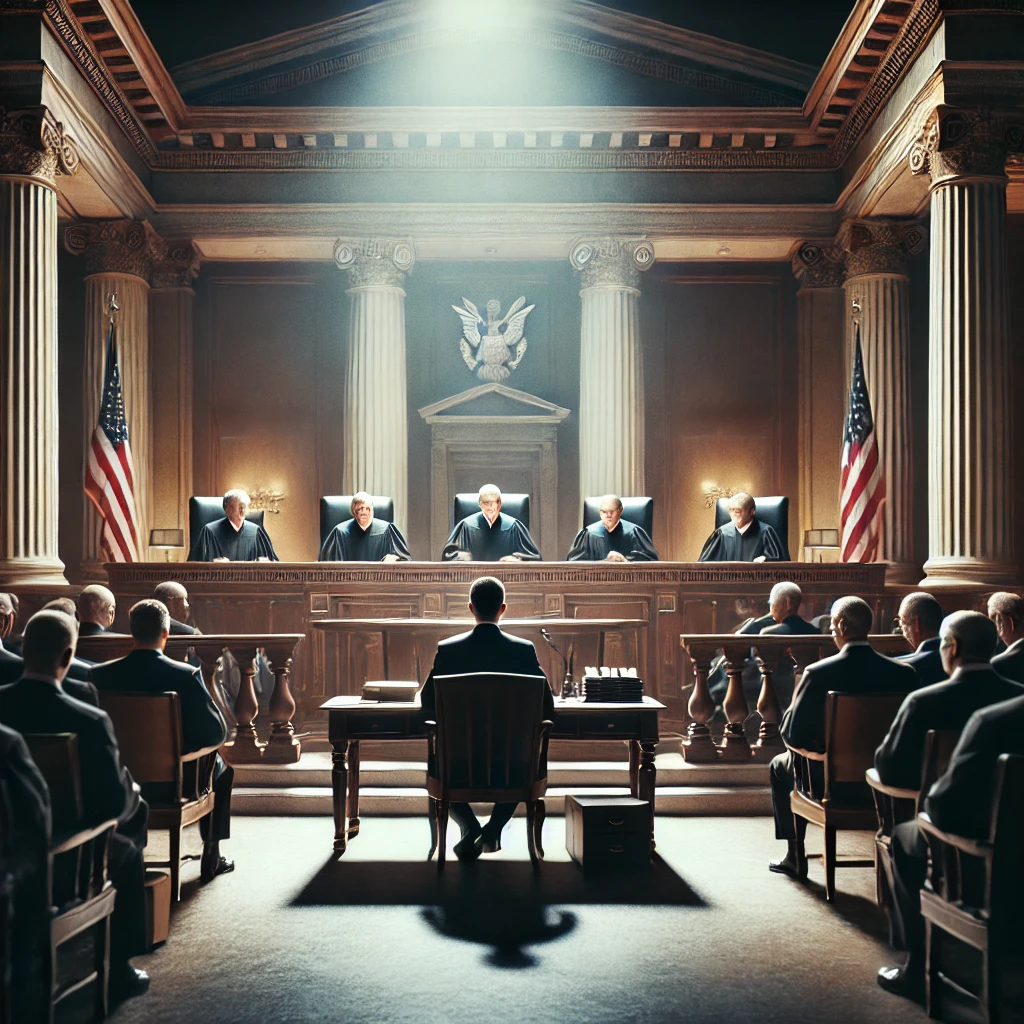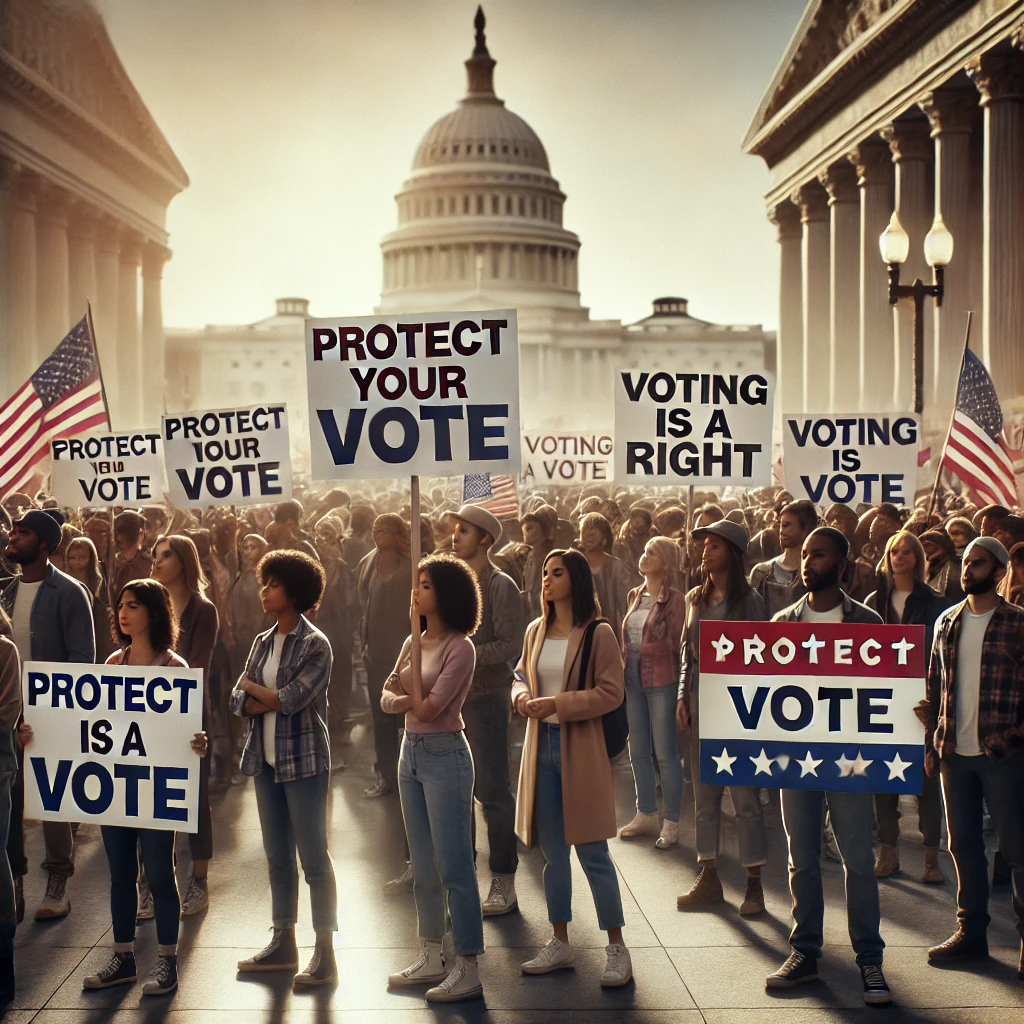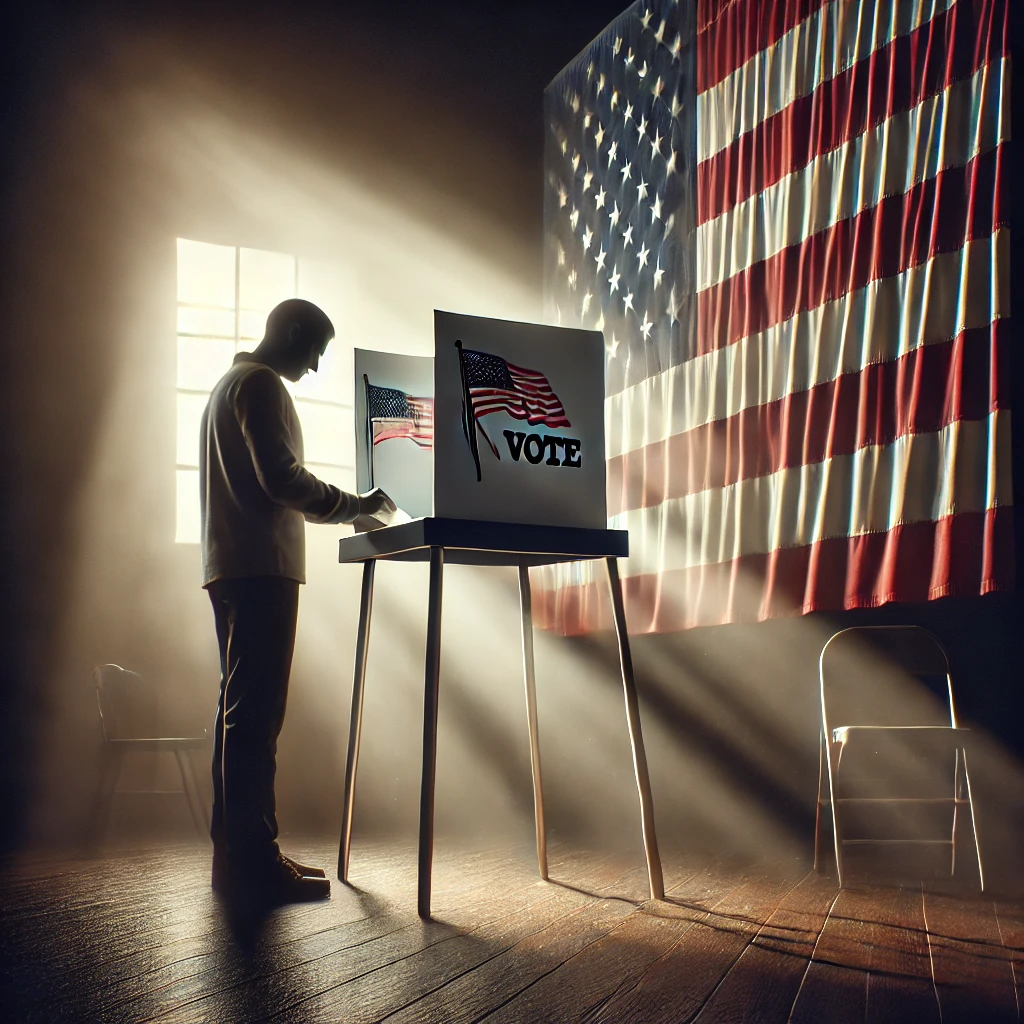As the 2024 U.S. elections draw closer, debates around voting rights are intensifying across the country. Both sides of the political spectrum are deeply involved, with new laws, court decisions, and federal efforts all playing a role in shaping the future of American democracy. At the core of these discussions are important questions: Who gets to vote, and how?
In states like Georgia, Texas, and Alabama, Republican lawmakers have passed new laws that tighten rules around absentee voting, reduce the number of polling places, and require stricter identification to vote. They argue these changes are necessary to prevent voter fraud and ensure fair elections. After the 2020 election, which saw claims of fraud (though largely unproven), these lawmakers believe tougher voting laws will help restore public trust in the system.
How the Federal Reserve’s Rate Cut is Shaping Markets and Economic Strategy
However, critics, including civil rights groups and Democrats, see things differently. They argue that these laws unfairly target groups that already face difficulties in voting, such as minority communities, older adults, and low-income voters. They believe that instead of improving trust, these laws are making it harder for these groups to exercise their right to vote, especially in states with a history of voter suppression.
At the national level, the John R. Lewis Voting Rights Advancement Act has been reintroduced to address these issues. Named after civil rights icon John Lewis, this law aims to restore important parts of the Voting Rights Act of 1965, which was weakened by a Supreme Court ruling in 2013. Before that ruling, states with a history of discrimination had to get federal approval before changing their voting laws. When this requirement was removed, it opened the door for states like Georgia and Texas to pass restrictive voting laws.

Supporters of the John Lewis Act, including Senator Dick Durbin, argue that this law is critical to protecting the voting rights of historically marginalized groups. “We must ensure that every American has access to the ballot,” Durbin said, referring to the rising number of voting restrictions in Republican-led states.
But passing this bill in the Senate won’t be easy. Republicans argue that the law represents federal overreach, or interference by the federal government in how states manage their elections. This debate between state and federal control is a longstanding issue in U.S. politics, but it is especially heated today.
Stay Safe from Rental Scams: A Simple Guide for Renters in the U.S
The role of the Supreme Court adds another layer of complexity. In 2021, the Court ruled in Brnovich v. Democratic National Committee, making it harder to challenge state voting laws that limit access to the ballot. This decision further weakened protections under the original Voting Rights Act. With more voting rights cases expected to reach the Supreme Court soon, the decisions of the justices could significantly impact how easy or difficult it will be for Americans to vote in the 2024 elections.

As these legal battles continue, the impact on the 2024 elections is becoming clearer. In states like Georgia and Texas, where new restrictive laws are in place, voter turnout might decline, especially among minorities and low-income voters. On the other hand, states like Kentucky and Virginia, which have made absentee voting easier, may see an increase in voter participation, particularly among younger and more diverse populations.
Stay Safe from Rental Scams: A Simple Guide for Renters in the U.S
At the heart of this issue is a question that has long been debated: How can elections be kept secure while also making voting accessible to all eligible citizens? Both sides accuse the other of harming democracy—either by making it too easy for fraud to occur or by suppressing the votes of vulnerable communities.
The 2024 elections will be a crucial test. Will these restrictive state laws reduce voter turnout, or will federal efforts like the John R. Lewis Act help restore protections for marginalized voters? And how will the Supreme Court’s decisions shape the future of voting rights in the U.S.?
As the country prepares for one of the most significant elections in recent history, these questions remain critical. The outcome of the fight over voting rights won’t just determine who votes in 2024—it could influence the future of American democracy for decades to come.






























